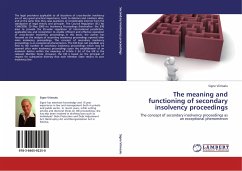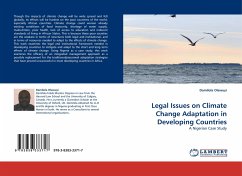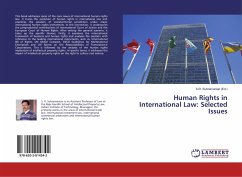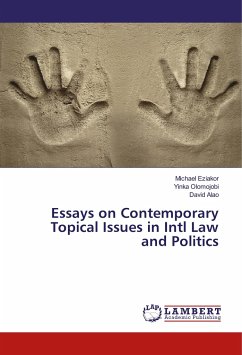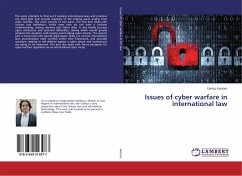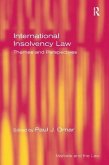When the insolvency proceedings have been filed in a country different from the place of arbitration (cross-border insolvency), the arbitrators face difficult questions, including those referring to the effects of the foreign insolvency proceedings on the arbitration pending. This paper discusses whether cross-border insolvency can be a per se obstacle to international arbitration, and whether there are foreign insolvency laws that can neutralize pending arbitration proceedings. This paper emphasizes the importance of correctly characterizing issues arising in cross-border insolvency/arbitration. The relevance of correct characterization is illustrated by the Vivendi/Elektrim dispute, which led to conflicting decisions in England and Switzerland. This paper also analyzes whether foreign insolvency provisions limiting a tribunal's jurisdiction may be applied as mandatory rules.
Bitte wählen Sie Ihr Anliegen aus.
Rechnungen
Retourenschein anfordern
Bestellstatus
Storno


